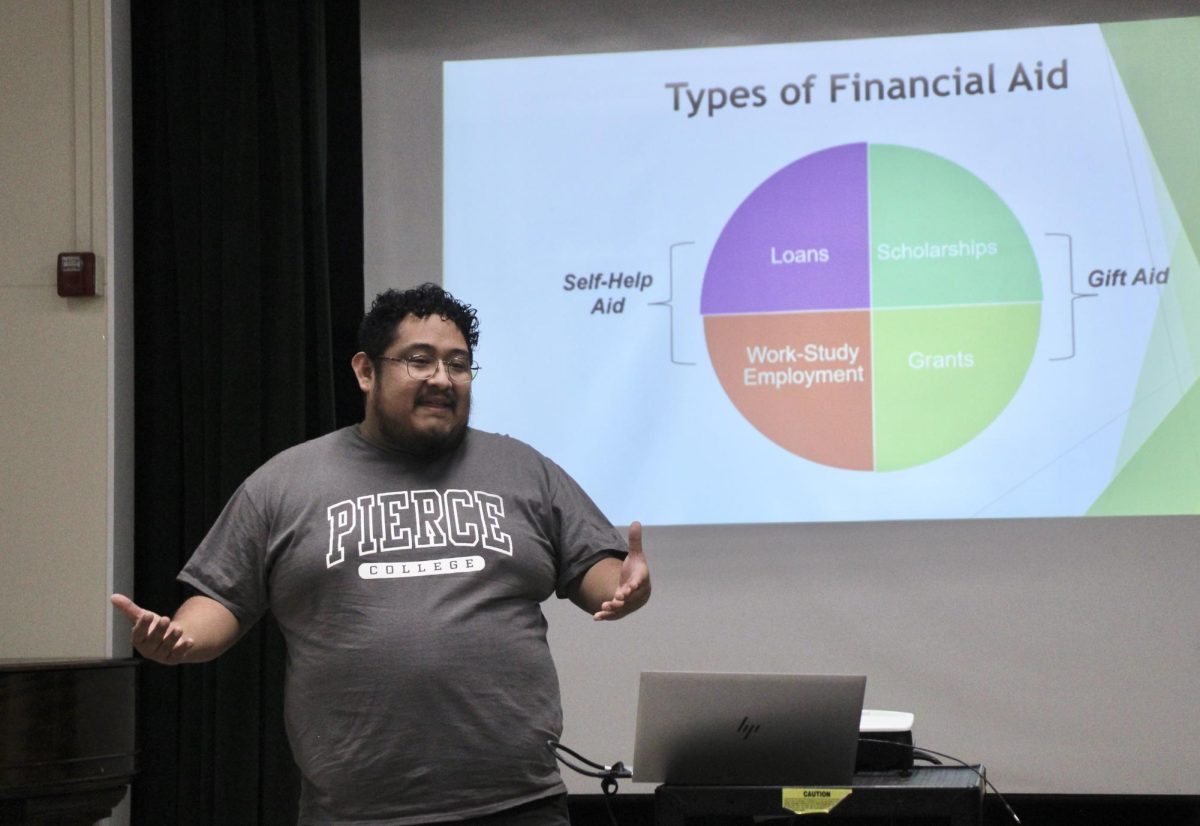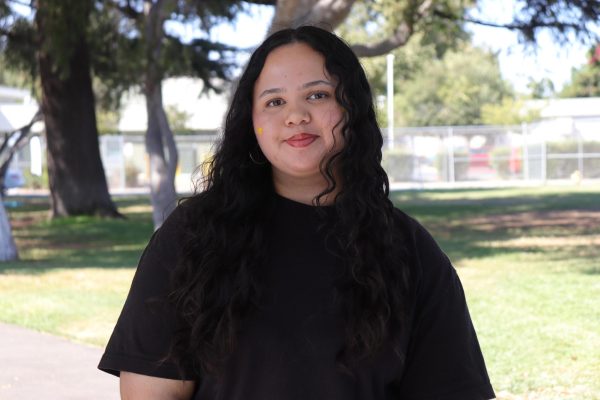This article was updated on April 3, 2024 to indicate the extended FAFSA priority deadline for California, which is now May 2, 2024.
Senior Alejandra Iniguez has faced multiple challenges in trying to complete her Free Application for Federal Student Aid (FAFSA), making it an overwhelmingly stressful and frustrating experience for her.
“When I was filling out my application, the website was under so much maintenance making the process take longer than it should have,” Iniguez said. “Universities have emailed me asking about my FAFSA application but I couldn’t fill out the form with all these delays.”
FAFSA helps students apply for financial assistance for college from the federal government. FAFSA has recently released a new updated version of the application to create a more efficient way to receive financial help for college. Though this was the intent, many students have found more problems trying to submit their forms on time with the federal deadline on June 30, while taking into consideration other state and school deadlines that may differ. California’s priority deadline was April 2, 2024, however it was recently extended to May 2, 2024.
An NPR story published on Jan. 31 shares the experiences of people having to wait even longer for financial aid offers from colleges they’ve applied to. This one-month delay leaves schools unaware and unable to determine how much financial aid each student receives until the government’s FAFSA data goes through. Further in this article, Brad Barnett, the financial aid director at James Madison University said “It’s unfortunate that these delays could impact whether a prospective student goes to college at all this fall, or at the very least where they go.”
Originally, the new FAFSA application was made to provide a more simple and efficient form for students to fill out, giving more people the opportunity to be eligible for funding. The new application includes fewer questions to answer, the ability to apply to more schools and availability in more languages. The form was also updated to be available to work 24 hours and seven days a week, giving students more time to complete the application than last year and being more straightforward to navigate.
“This new application the government made was supposed to make this process easier but I feel like it’s made everything so much more difficult and complicated,” Iniguez said.
English teacher Francesca Gunther, who filled out the application just a few years ago, said she has heard concern from students about how this excess amount of stress takes a toll on their mental health and even their decision on what school they will attend.
“I remember when I was applying to schools, (financial aid) was a big factor that helped me make my decision,” Gunther said. “I imagine that the funding would definitely impact certain students’ decisions. Like maybe not choosing their dream school because they don’t know if they can afford it yet or things like that.”
All over social media and the internet, people have been said to be experiencing false estimates of the financial aid they will receive or have faced complications in accessing the form. As a result, the processing of district grants and scholarships will also face delays until the FAFSA issues are resolved.
With these technological complications, multiple colleges have been pushing back admission deadlines after the recent FAFSA delays. SoCal states have already announced that they have extended their deadlines for students’ intent to enroll for the next school year after recognizing the issues students are running into with this new form.
Guidance counselor Martina Torres is frustrated to be witnessing these glitches throughout the system while not being able to help students with some of the issues they are encountering in the system. She has held FAFSA workshops to help seniors as much as possible to complete the application along with any questions they might have to the best of her ability. Torres stresses the importance of seniors getting their FSA ID so their applications can be submitted as soon as possible to figure out any complications ahead of time.
“Based on what I’m reading and the emails I’m getting, it’s making colleges have to prolong their award letters,” Torres said. “So that means it’s taking more time for them to generate what they can offer to each student.”
















